India’s journey towards cleanliness and sustainability has seen remarkable progress, thanks to initiatives like the Swachh Bharat Abhiyan and the annual Swachh Survekshan survey. These efforts have motivated cities across the country to adopt cleaner, more efficient waste management practices, encouraging citizens to maintain their surroundings and contributing to a better quality of life.
With rapid urbanization, the need for cleanliness and proper sanitation is more significant than ever. The Swachh Survekshan survey ranks cities annually based on a variety of cleanliness factors, including waste management, public sanitation, citizen feedback, and environmental sustainability. This survey encourages healthy competition among cities, with urban centers striving to secure top spots. Below, we delve into the top 20 cleanest cities in India, showcasing their unique strategies and achievements in maintaining cleanliness.
Top 10 Cleanest Cities in India as per Swachh Survekshan 2024
Here’s a quick snapshot of the top 10 cleanest cities in India according to the Swachh Survekshan 2024 rankings:
| Rank | City | State |
| 1 | Indore | Madhya Pradesh |
| 2 | Surat | Gujarat |
| 3 | Navi Mumbai | Maharashtra |
| 4 | Mysuru | Karnataka |
| 5 | Vijayawada | Andhra Pradesh |
| 6 | Ahmedabad | Gujarat |
| 7 | New Delhi (NDMC) | Delhi |
| 8 | Chandrapur | Maharashtra |
| 9 | Khargone | Madhya Pradesh |
| 10 | Rajkot | Gujarat |
20 Cleanest Cities in India
Below is an in-depth look at the top 20 cleanest cities in India based on the Swachh Survekshan rankings, exploring the specific strategies that have made them champions of urban cleanliness.
Indore, Madhya Pradesh
Indore has been ranked the cleanest city in India for seven consecutive years. Its comprehensive waste management program, which includes door-to-door waste collection, waste segregation at the source, and the conversion of waste into compost, has made Indore a model city. The city’s dedication to creating awareness and involving citizens in cleanliness campaigns has also played a significant role in its success.
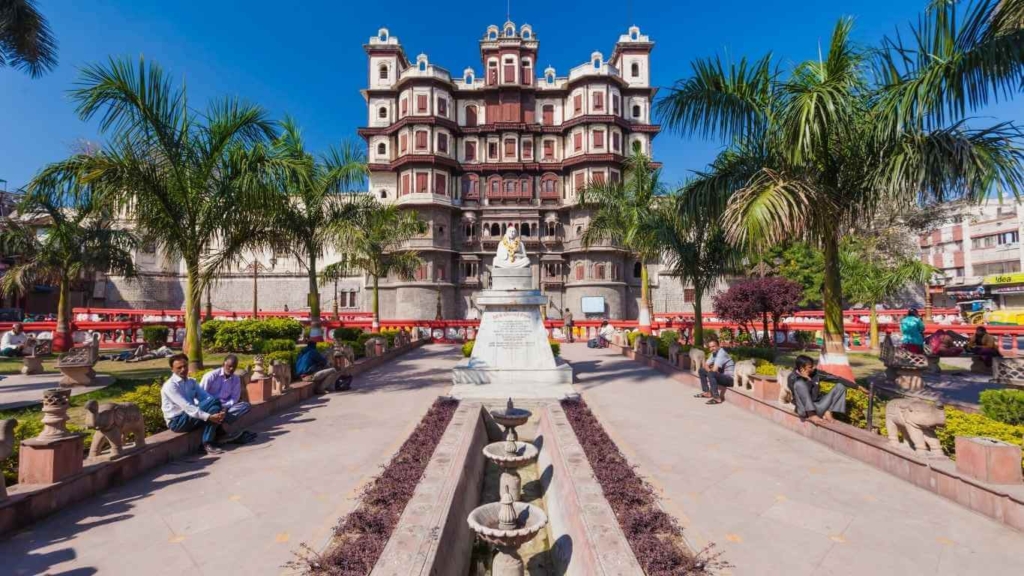
Surat, Gujarat
Surat is renowned for its cleanliness and urban management, making it one of the top contenders year after year. The city’s efforts in ensuring 100% waste segregation and reducing landfill dependence have been remarkable. Surat also focuses on maintaining public spaces like parks and streets, promoting the use of biodegradable products, and implementing waste recycling programs.

Navi Mumbai, Maharashtra
Navi Mumbai stands out due to its well-planned urban infrastructure and effective waste management systems. The city promotes the use of composting in households and ensures cleanliness in public areas through regular maintenance and cleaning drives. Navi Mumbai also scores high in citizen feedback for its cleanliness initiatives.

Mysuru, Karnataka
Mysuru is known for its clean streets and well-maintained public areas. The city has focused on educating its residents about waste segregation and recycling. Mysuru has also implemented modern solid waste management techniques and improved sanitation facilities, making it one of the cleanest cities in southern India.

Vijayawada, Andhra Pradesh
Vijayawada has seen significant improvements in urban sanitation in recent years. The city has implemented efficient door-to-door garbage collection systems and waste-to-energy initiatives. Additionally, Vijayawada places a strong emphasis on reducing the use of plastics and maintaining cleanliness in high-traffic areas.

Ahmedabad, Gujarat
Ahmedabad is known for its innovative waste management strategies. The city has implemented various programs to promote recycling, reduce plastic waste, and ensure the cleanliness of public spaces. Ahmedabad also excels in managing waste from its densely populated areas and promoting public participation in cleanliness drives.

New Delhi (NDMC Area), Delhi
The NDMC (New Delhi Municipal Council) area of Delhi has consistently performed well in the Swachh Survekshan rankings. This region has implemented effective solid waste management systems, focusing on reducing litter and maintaining hygiene in public spaces. The NDMC also actively engages citizens through awareness programs about cleanliness and recycling.

Chandrapur, Maharashtra
Chandrapur has made a significant impact with its focus on environmental sustainability. The city has introduced eco-friendly waste disposal methods, strict rules for littering, and dedicated efforts to curb pollution from local industries. Its initiatives have earned it a top position in the rankings.

Khargone, Madhya Pradesh
Khargone has shown exemplary performance in waste segregation and public participation in cleanliness efforts. The city has worked on reducing open waste dumping and implementing recycling programs. Public cleanliness drives have become a regular feature, making Khargone one of the cleanest smaller cities in India.
Rajkot, Gujarat
Rajkot has implemented several smart waste management technologies, focusing on door-to-door waste collection and reducing landfill waste. The city promotes the use of composting and other eco-friendly waste disposal methods, ensuring that its streets remain clean and litter-free.

Bhopal, Madhya Pradesh
Bhopal has transformed itself into a clean and green city through its efficient waste disposal systems and focus on sustainable practices. The city encourages the recycling of waste materials and actively promotes cleanliness in public spaces like parks and tourist attractions.

Tirupati, Andhra Pradesh
Tirupati, a major pilgrimage destination, has maintained high standards of cleanliness despite its large visitor numbers. The city’s focus on waste management around religious sites and its eco-friendly campaigns have helped it secure a spot in the top 20.

Nagpur, Maharashtra
Nagpur has made commendable progress in waste management and urban sanitation. The city’s waste-to-energy initiatives and recycling programs have helped reduce its reliance on landfills, making it one of the cleanest cities in Maharashtra.
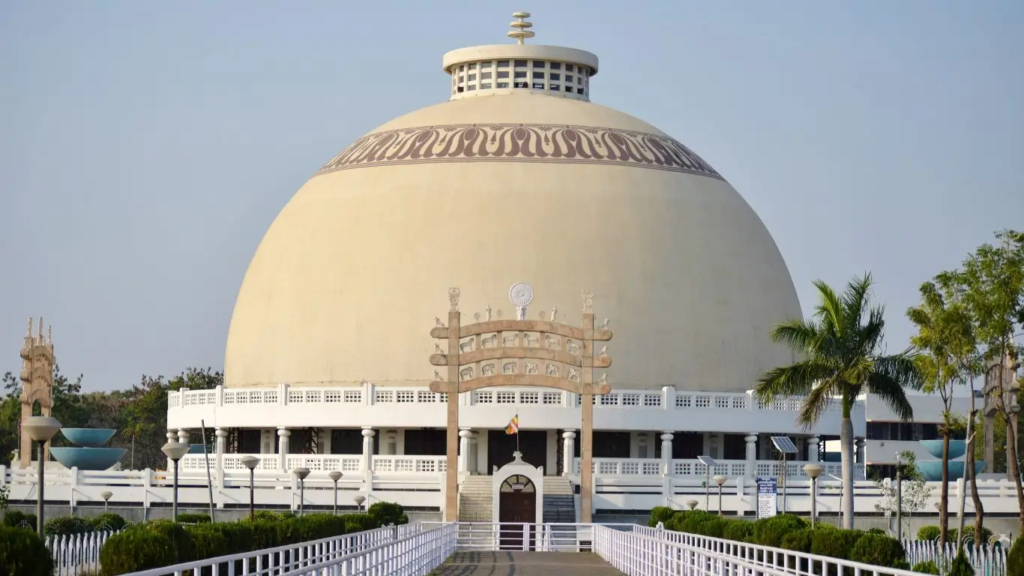
Pune, Maharashtra
Pune has focused on citizen-driven cleanliness initiatives, promoting composting, recycling, and reducing the use of plastics. The city’s public spaces, including roads, parks, and marketplaces, are well-maintained, reflecting Pune’s commitment to urban cleanliness.

Visakhapatnam, Andhra Pradesh
Visakhapatnam, a major port city, has excelled in maintaining cleanliness, especially along its coastline and public spaces. The city has introduced marine waste management systems and launched campaigns to reduce plastic pollution, contributing to its clean city status.

Ujjain, Madhya Pradesh
Ujjain has focused on improving sanitation facilities and waste disposal systems, particularly around its famous religious sites. The city’s efforts to reduce waste dumping and promote eco-friendly waste management have made it a leader in cleanliness.

Jamshedpur, Jharkhand
Jamshedpur, an industrial hub, has maintained high standards of cleanliness despite its industrial background. The city has implemented effective waste management programs, involving the corporate sector and the community in keeping the environment clean and green.

Thane, Maharashtra
Thane is a city that has made significant strides in promoting eco-friendly practices. The city has introduced clean energy initiatives and focused on minimizing waste, making it one of the cleanest urban centers in Maharashtra.
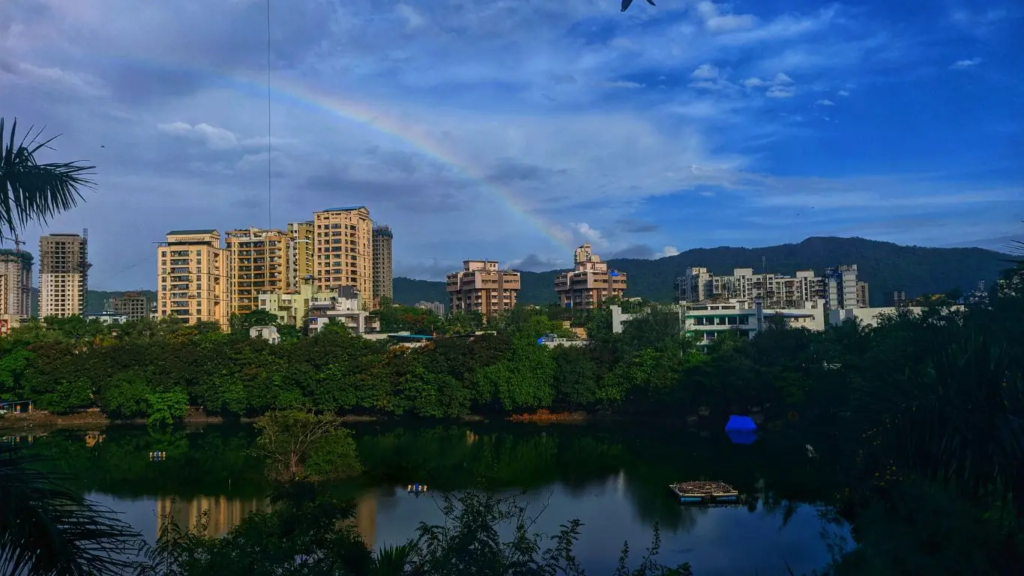
Chennai, Tamil Nadu
Chennai has worked tirelessly to improve waste disposal systems and maintain cleanliness in public spaces, particularly along its beaches and tourist hotspots. The city’s commitment to reducing marine pollution and maintaining hygiene in public areas has earned it recognition.

Gwalior, Madhya Pradesh
Gwalior has improved its cleanliness ranking through sustained efforts in waste segregation, recycling, and public engagement. The city regularly organizes cleanliness drives, involving both government authorities and citizens in maintaining hygiene.
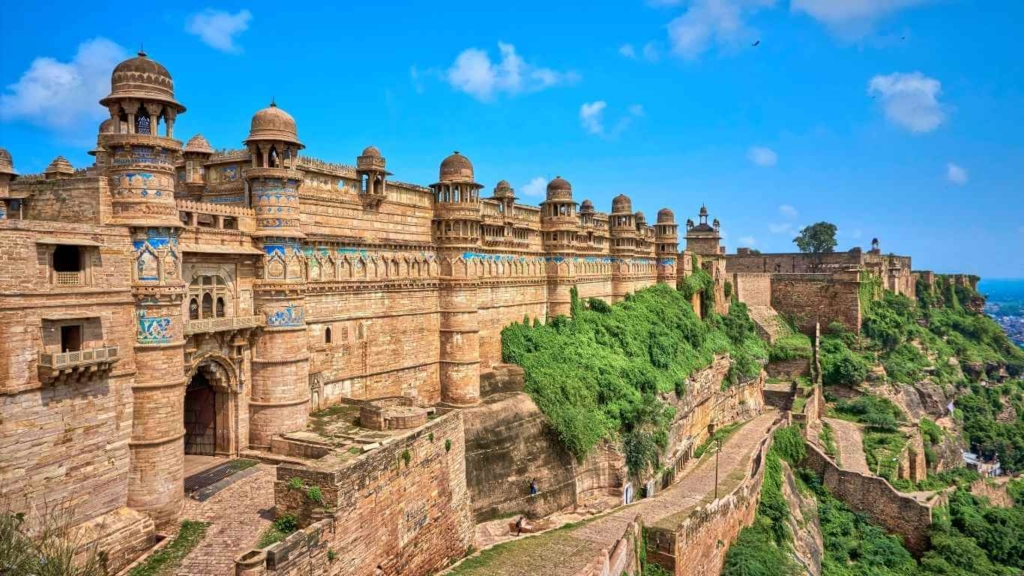
Final Words
The Swachh Survekshan initiative has sparked a nationwide movement toward cleanliness, with cities across India striving to enhance their sanitation practices and waste management systems. These 20 cleanest cities in India are not just shining examples of urban cleanliness but also of the importance of citizen involvement and smart governance in achieving sustainable urban development. As these cities continue to innovate and improve, they set a high benchmark for others to follow.
FAQs
Which is the No. 1 clean city in India in 2024?
Indore, Madhya Pradesh, has once again claimed the title of the cleanest city in India for 2024. The city’s efficient waste management systems, public engagement, and innovative cleanliness strategies have helped it secure the top spot.
How are cities ranked in Swachh Survekshan?
Cities are ranked in the Swachh Survekshan survey based on a variety of factors, including waste management, sanitation infrastructure, public feedback, and environmental sustainability initiatives. Points are awarded for cleanliness efforts in public spaces, garbage disposal, and innovative cleanliness campaigns.
What is Swachh Survekshan?
Swachh Survekshan is an annual cleanliness survey conducted by the Ministry of Housing and Urban Affairs (MoHUA) to evaluate and rank cities across India based on their cleanliness, waste management, and citizen feedback. The survey encourages cities to improve their sanitation standards and promotes a spirit of healthy competition.
Why is Indore considered the cleanest city?
Indore has been able to maintain its status as the cleanest city in India due to its comprehensive waste management practices, including 100% waste segregation at the source, door-to-door garbage collection, and conversion of waste into compost. The city also runs large-scale awareness campaigns that actively involve citizens in keeping the environment clean.
What is the role of citizens in maintaining city cleanliness?
Citizens play a crucial role in maintaining city cleanliness by segregating waste at the source, participating in cleanliness drives, and following local sanitation guidelines. Their involvement is key to the success of cleanliness campaigns initiated by local governments.
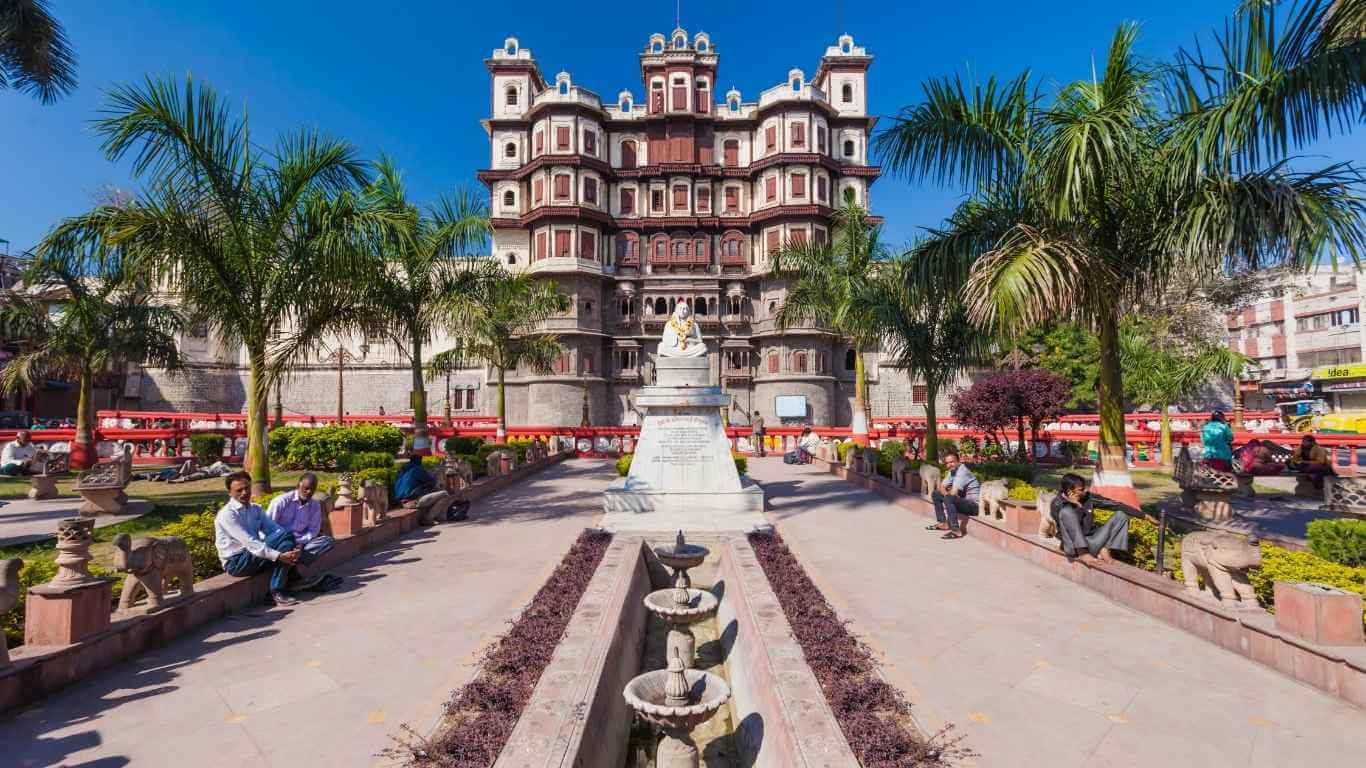



 Zero Brokerage
Zero Brokerage